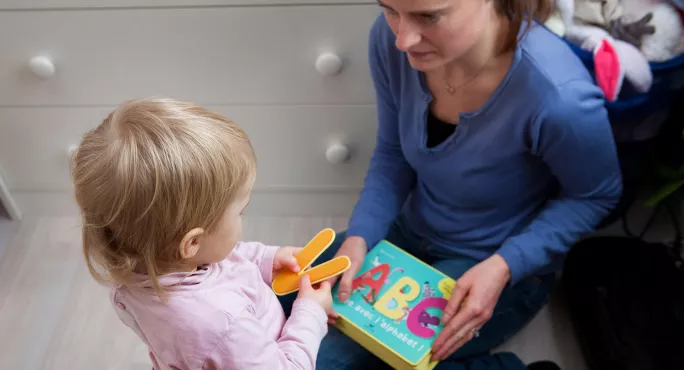The baseline assessment could deter primaries from helping nursery children prepare for Reception, MPs have heard.
Nadhim Zahawi, the children’s minister, was asked about the controversial assessment for four- and five-year-olds, which will be used as a starting point to measure how children progress in school between Reception and Year 6.
Lucy Powell, Labour MP for Manchester Central, said she was worried about the unintended consequences of bringing in such a measure.
She said: “What I’m interested in is children, before they arrive at school, arriving as school-ready as possible and getting all those advantages, and we need schools to be part of that to drive. What incentive is it to a school for a child to arrive as school-ready as possible, if they are going to be judged on progress through primary?
“I believe there will be, not necessarily intended, but an unintended consequence for schools to want children to do as badly as possible in that baseline in order to show that very good progress through primary to keep Ofsted off their backs. I see it already.”
Controversy over baseline
The baseline assessment, will be a 20-minute test of literacy, maths and, possibly, self-regulation - the ability to control emotions. It is due to be introduced in 2020.
Mr Zahawi said that separate work on school readiness was being done in the early years.
He said that rather than measuring progress in primary schools from age 7 to 11, as happens now, the government wants to measure progress from age 4 or 5 to 11.
But Ms Powell questioned the idea behind this. “It’s only logical if what you’re interested in is measures to drive certain behaviours within a primary school,” she said. “It’s not logical if you’re interested in a child’s progress from birth to when they leave school.”
“You have to incentivise and drive behaviours towards what you’re trying to do,” she added. “There will be unintended consequences for headteachers in schools under huge pressure to make the system look as good as possible for them in terms of their progress measures.
“I’m not interested in the school’s progress measures, I’m interested in a five-year-old arriving at school from a disadvantaged background as up-to-speed as possible and school-ready as possible.”
Mr Zahawi responded that reforms to the Early Years Foundation Stage Profile, an assessment of how children are doing in a range of measures at the end of Reception year, would deal with development of children in those early years.
But Ms Powell said the baseline would work against those measures.
“You are almost asking [primary schools], and you see it - you see it in schools already - that they don’t want the kids arriving too well developed because they don’t get the progress measures,” she said. “They know they can make very quick progress with a four- and five-year-old.”




